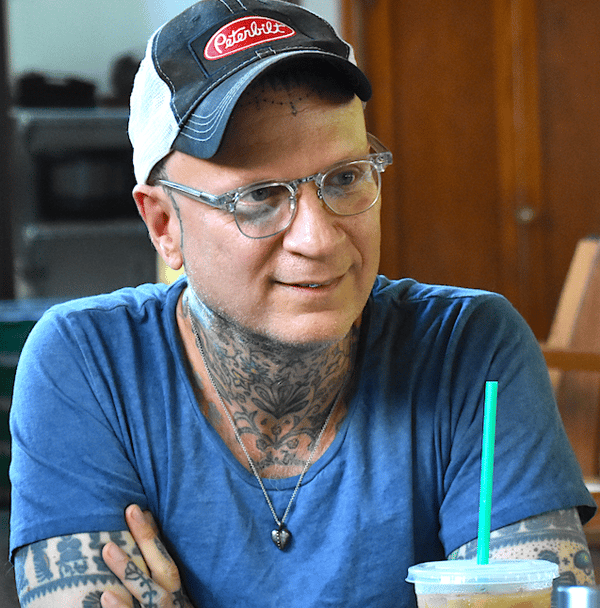Climbing the Ladder of Well-Being – The Psychological Processes Underpinning Helping Others Skillfully
Dharmapunx NYC
josh korda
4.8 • 886 Ratings
🗓️ 9 January 2019
⏱️ 60 minutes
🧾️ Download transcript
Summary
Transcript
Click on a timestamp to play from that location
| 0:00.0 | Hello, thanks for listening to this Darma podcast. I hope you consider that in accordance |
| 0:05.3 | with the Buddhist tradition all of my work as a teacher is offered without charge and |
| 0:09.7 | supported entirely by donations only. If you'd like to support this work, you'll find a paypal button on darmopunks NYC.com. |
| 0:17.0 | On our website, you'll find resources and a free sample from my wisdom publications book Unsubscribed which is available at |
| 0:24.8 | bookstores and online retail outlets. Thanks for listening. |
| 0:30.6 | The Buddha had a key teaching, which is commonly known as dependent co-arising, and in it he made a brilliant claim that all of our thoughts and behaviors are in essence influenced or predisposed by unconscious mental processes that happen without our awareness. |
| 1:00.0 | In essence he said that in every experience in life there is this |
| 1:10.4 | physiological response to the settings, the |
| 1:15.7 | the environment we're in, |
| 1:17.5 | and whether that response, those feelings we have, are positive or negative, determine all of our |
| 1:26.6 | thoughts and behaviors. So we are in essence not really anywhere near as much organized by free will or driven by conscious awareness |
| 1:42.0 | that there are these pre-conscious processes. by conscious |
| 1:44.2 | Processes in place that well before there's any |
| 1:49.0 | Cognition or understanding of the situation we're in have already predisposed us towards feeling |
| 1:56.3 | either safe and from safety or positive comfort what the Buddha called |
| 2:06.8 | Suka Vedana, there's good feelings and that predisposes us into approach, connecting, |
| 2:12.0 | relaxing, engaging, or there's negative dukkah, which creates a dukavat, which creates a |
| 2:19.7 | dukavat, which creates a sense of withdrawal, wanting to end engagement, wanting to pull away, wanting |
| 2:28.7 | to remove ourselves from a situation. |
| 2:32.3 | Now this teaching has in the last 30 or 40 years given the fact |
| 2:40.8 | that this teaching was originally proposed 2,500 years ago during the time of the historical Buddha without any access to neuropsychology or clinical research today in the last 30 years these proposals have really come to fruition. |
| 3:02.0 | And we now know that have really come to fruition. |
... |
Please login to see the full transcript.
Disclaimer: The podcast and artwork embedded on this page are from josh korda, and are the property of its owner and not affiliated with or endorsed by Tapesearch.
Generated transcripts are the property of josh korda and are distributed freely under the Fair Use doctrine. Transcripts generated by Tapesearch are not guaranteed to be accurate.
Copyright © Tapesearch 2025.

